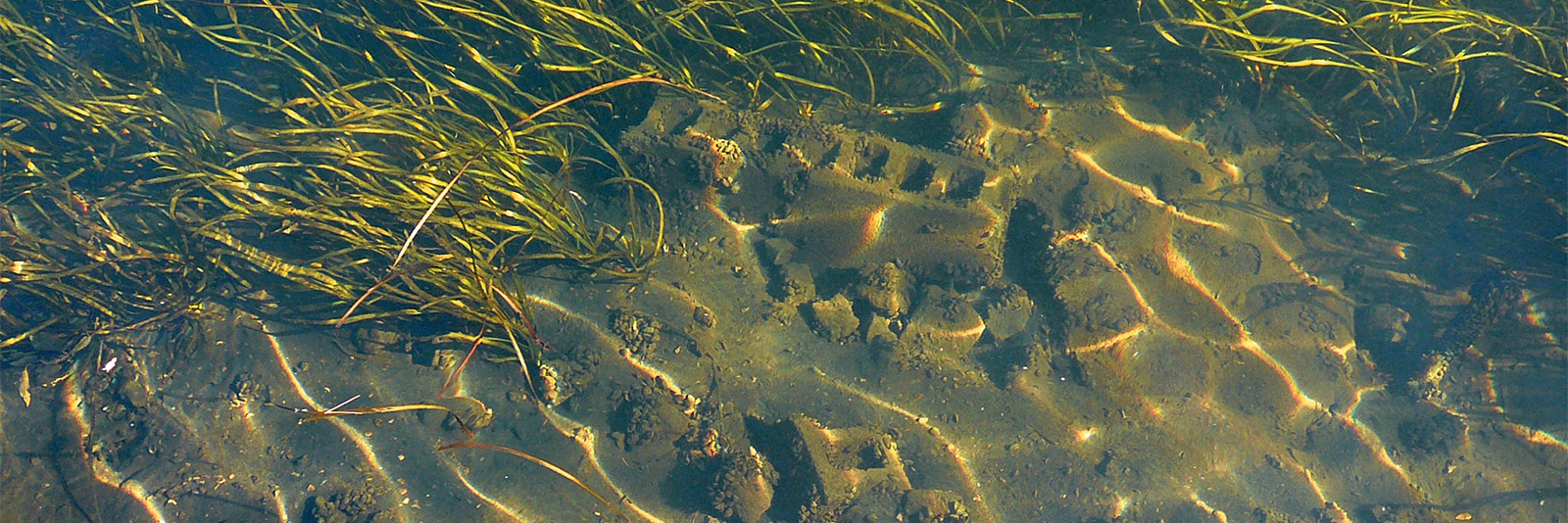Contaminated Sediments
Contaminated sediments are a significant problem throughout the U.S. and in the Great Lakes basin. Contaminants in the bottom sediments of rivers and harbors Sediments contaminated from decades of industrial discharges and urban and agricultural non-point source pollution present potential risks to aquatic organisms, wildlife, and human health. As bottom-dwelling organisms consume buried toxins as they feed in the mud, the toxins move up the food chain into much higher concentrations. Sediment quality assessments are frequently conducted to evaluate impacts from contaminated groundwater venting into lakes and streams; industrial and municipal wastewater discharges; aerial deposition and fill placement within water bodies; and, sediment quality impacts due to chemical spills, runoff, confined animal feeding operations (CAFOs), and landfill leachate outbreaks. Due to its organic carbon content and other characteristics, sediment can act as a “sink” for metals, polynuclear aromatics (PAHs), polychlorinated biphenyls (PCBs), pesticides, herbicides, and volatile organic compounds (VOCs). Contaminated sediments can adversely impact surface water quality and aesthetics (e.g. sheens and odors) as well as benthic macroinvertebrate and fish populations.
Since 1992, GLEC has conducted hundreds of sediment sampling and toxicity tests in support of sediment quality assessments, pre- and post-remediation activities, dredging and Ecological Risk Assessments for federal, state, and industrial projects. GLEC’s experienced staff have conducted sediment quality assessments for industrial, RCRA Corrective Action, Superfund, and state monitored sites in Michigan, Ohio, and several other states.
GLEC owns and operates a wide array of specialized sediment sampling equipment to conduct sediment surveys, including Vibracore samplers and seven survey boats complemented by our capabilities in benthic community and chemical bioavailability assessments. GLEC also operates one of the few aquatic toxicology laboratories in the U.S. that maintains NELAP accreditation for sediment toxicity testing and is fully equipped to perform acute and chronic toxicity evaluations of whole sediment, sediment elutriate, and sediment porewater, as well as sediment/tissue bioaccumulation testing and sediment Toxicity Identification Evaluations (TIEs).


